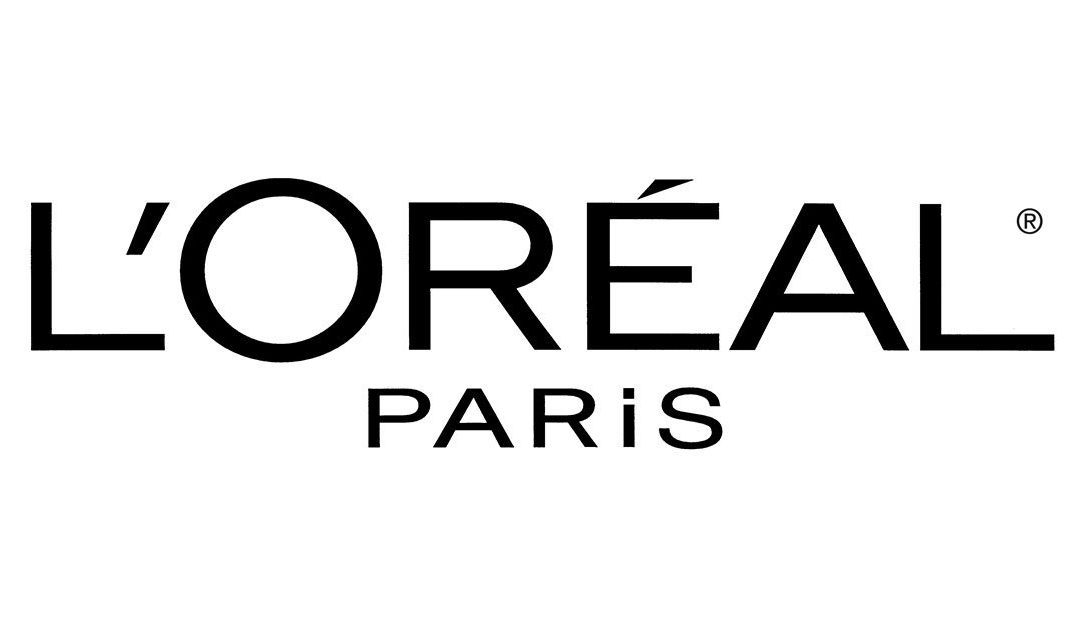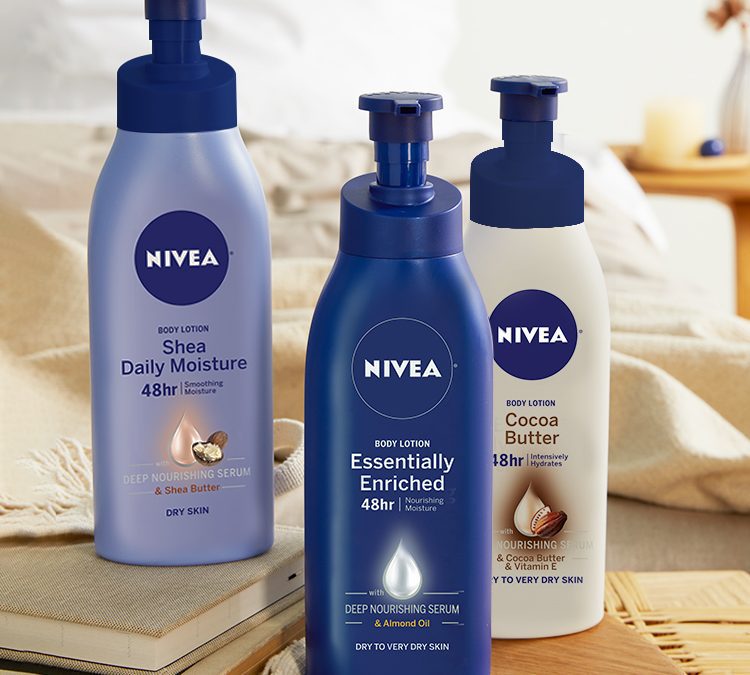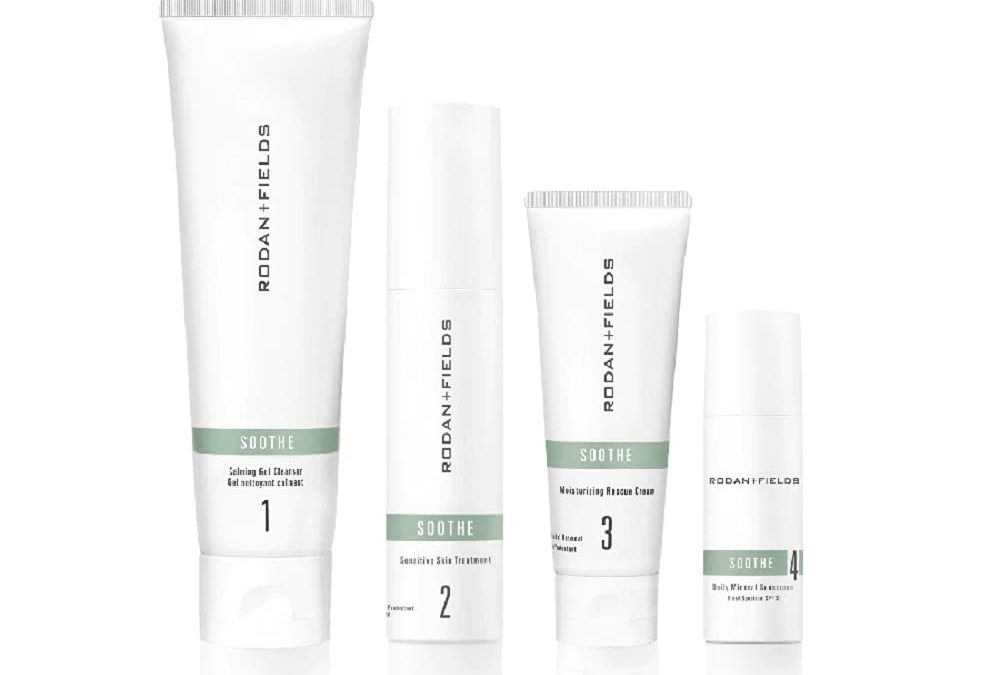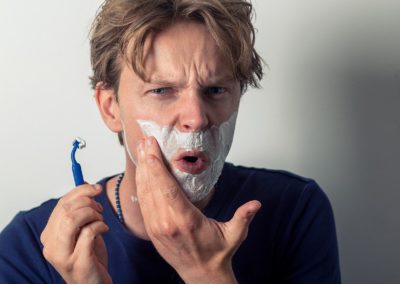Why Does It Itch After Shaving?

written by nail expert Jess Rowley
Why Does It Itch After Shaving?
Shaving is a necessary part of life for most of us and so it can be a real pain when you start feeling itchy after every shave. Unfortunately, side effects like razor burn and razor bumps are all too common when shaving however, unless you have sensitive skin, these side effects are largely avoidable.
You’re probably now wondering how to avoid all of the unpleasant itching that you’ve been suffering from and fortunately, we’ve got all the tips, tricks, and information that you need.
So let’s begin.
What Causes Skin Irritation?
When we shave, the hairs aren’t completely removed from the follicle. As a result, your hair follicles continue to grow hair underneath your skin, and shaving can cause those follicles to become irritated. It’s this irritation that makes you feel itchy after a shave.
Alternatively, the pull of a razor can twist or redirect the hair follicle when you shave. This can result in ingrown hairs which can, in turn, lead to razor bumps which are small, red bumps that can be sore and in some cases become infected.
itchiness, redness, and inflammation may also be down to whereabouts your shaving. The area where you’re shaving may be particularly sensitive or prone to getting irritated. For example, the pubic area is among the most prone parts of the body to feeling itchy and having irritation due to its sensitivity. Hair here is also thicker and darker which means discomfort is more likely when hair has grown back.
In addition to these factors, when you shave an area of your skin that’s normally under your clothing, the fabric can rub up against your clean-shaven skin and make the irritation feel even worse.
Certain soaps and chemicals can also cause dry skin and itching so you should invest in a natural, moisturizing product that will soothe your skin.
Ways To Prevent Irritation
Use the right razor
A dull razor isn’t going to give you a clean cut and is much more likely to cause skin irritation. Blunt blades won’t cut hair efficiently, leaving strands crooked and incomplete. As a result, when the hair grows back it can lead to ingrown hairs. In addition to this dull blades get debris and dead skin cells trapped within the blades more often. A dirty blade will cause itching as the dirt can irritate your skin and even cause breakouts.
To avoid this, replace your razors often and clean them before and after every shave to ensure they stay sharp and free from debris.
Moisture is key
Facewash and moisturizing products are essential to keeping your skin health in good condition. Using a well-review, moisturizing cream or lotion will help hydrate your skin and hopefully prevent the need to itch. It will also help you protect your skin from acne and pimples. Not only that, it’s an essential part of the shaving process as moisturizing before a shave, often with warm water, prepares your skin by opening up pores and allowing your razor to glide effortlessly over your skin.
The post-shave
Owning a good aftershave product is another key way to combat itching and redness. Aftershave products keep your skin hydrated and moisturized after a shaving session.
Tips To Prevent Inflammation
- Shave when your skin is clean, wet, and warm.
- Apply a natural shaving gel or cream to the area.
- Shave in the direction that hair grows (with the grain). It can be tempting to go against the grain for a closer shave, but shaving in the right direction is a crucial part of preventing razor burn and bumps.
- Rinse your razor after each application to remove buildup.
- Store razors in a dry area and replace them often.
Treatments And Remedies For Razor Burn
There are lots of remedies for treating razor burn as well as ingredients to look out for so here’s a list of everything that’s been said to help with itching, dry skin, and other skin-related issues.
- Wheat germ
- Vitamin E
- Yeast extract
- Jojoba seed oil
- Shea butter
- Evening primrose oil
- Aloe vera
- Licorice
- Green tea
- Chamomile
The Effectiveness Of Aloe Vera
Aloe vera is no doubt one of the most effective methods for treating razor burn. Aloe vera is a gel found in the aloe vera plant. It acts as a moisturizer, soother, antiseptic, antiviral, and anti-inflammatory substance. Many people use it to treat sunburn, but its effects can also help ease razor burn symptoms. Best of all, it’s easy to find. It’s available at most grocery stores, drug stores, and plant stores that sell products with aloe vera in it or the aloe vera plant.
In addition, aloe vera contains glucomannan and gibberellin which increase the synthesis of collagen. As a result, aloe vera helps wounds to heal and can help prevent scarring.
Things To Avoid
- Hot water – This depletes skin moisture. Use warm water instead to open up the pores.
- Deodorants – Strong bacteria fighters can really strip skin of natural oils and zap moisture. Moisturizing deodorant soaps with natural and essential oils help prevent odor without stripping your skin.
- Swimming pools, hot tubs, tanning beds, or a lot of direct sunlight -The chlorine in pools and hot tubs, along with the high temperatures, are not skin-friendly. Tanning, either by bed or beach, can cause nasty burns not to mention dry, itchy, flaky skin.
Frequently Asked Questions
How long does it take for the itching to stop after shaving?
Razor burn symptoms include itching, redness, and flaking of the skin where you shaved. Razor burn goes away on its own. Symptoms can disappear overnight, or it could take two to three days for it to clear up completely.
Should you moisturize after shaving down there?
After you dry off, apply moisturizer or oil, preferably alcohol-free, to both sides of your bikini line. Since soap can dry out your skin, using a lotion or moisturizing oil after you shave helps prevent itchy irritation and maintain moisture your skin needs.
Is it good to remove hair from private parts?
Removing the hair from your private area is optional but many think that it helps to keep your body clean. However, there are no real health benefits to removing pubic hair. There are various ways of how to clean pubic hair as well as many washes that also claim to keep your vagina clean and healthy.
Is shaving your pubic hair unhealthy?
Removing pubic hair may make a person more susceptible to common infections, such as UTIs, vaginitis, and yeast infections. Hair removal can also irritate your skin, leading to skin infections such as cellulitis and folliculitis. In other cases, grooming-related injuries, such as cuts, could become infected.
Is it ok to shave with just water?
If you don’t have any options for a shaving cream alternative, you can shave with only water. Steaming up your bathroom with a hot shower will help open up your pores and hair follicles. Then switch the stream to a warm temperature before shaving carefully.

Best L’Oreal Products For Men
[Review] in 2022 written by nail expert Jess RowleyCheck out the results fast - here are our review winners[dica_divi_carousel item_width_tablet="400px" item_width_phone="345px"...

Best Neutrogena Skincare Products
[Review] in 2022 written by nail expert Jess RowleyCheck out the results fast - here are our review winners[dica_divi_carousel item_width_tablet="400px" item_width_phone="345px"...

Best Nivea Products For Men
[Review] in 2022 written by nail expert Jess RowleyCheck out the results fast - here are our review winners[dica_divi_carousel item_width_tablet="400px" item_width_phone="345px"...

Best Rodan+ Fields Products
[Review] in 2022 written by nail expert Jess RowleyCheck out the results fast - here are our review winners[dica_divi_carousel item_width_tablet="400px" item_width_phone="345px"...

